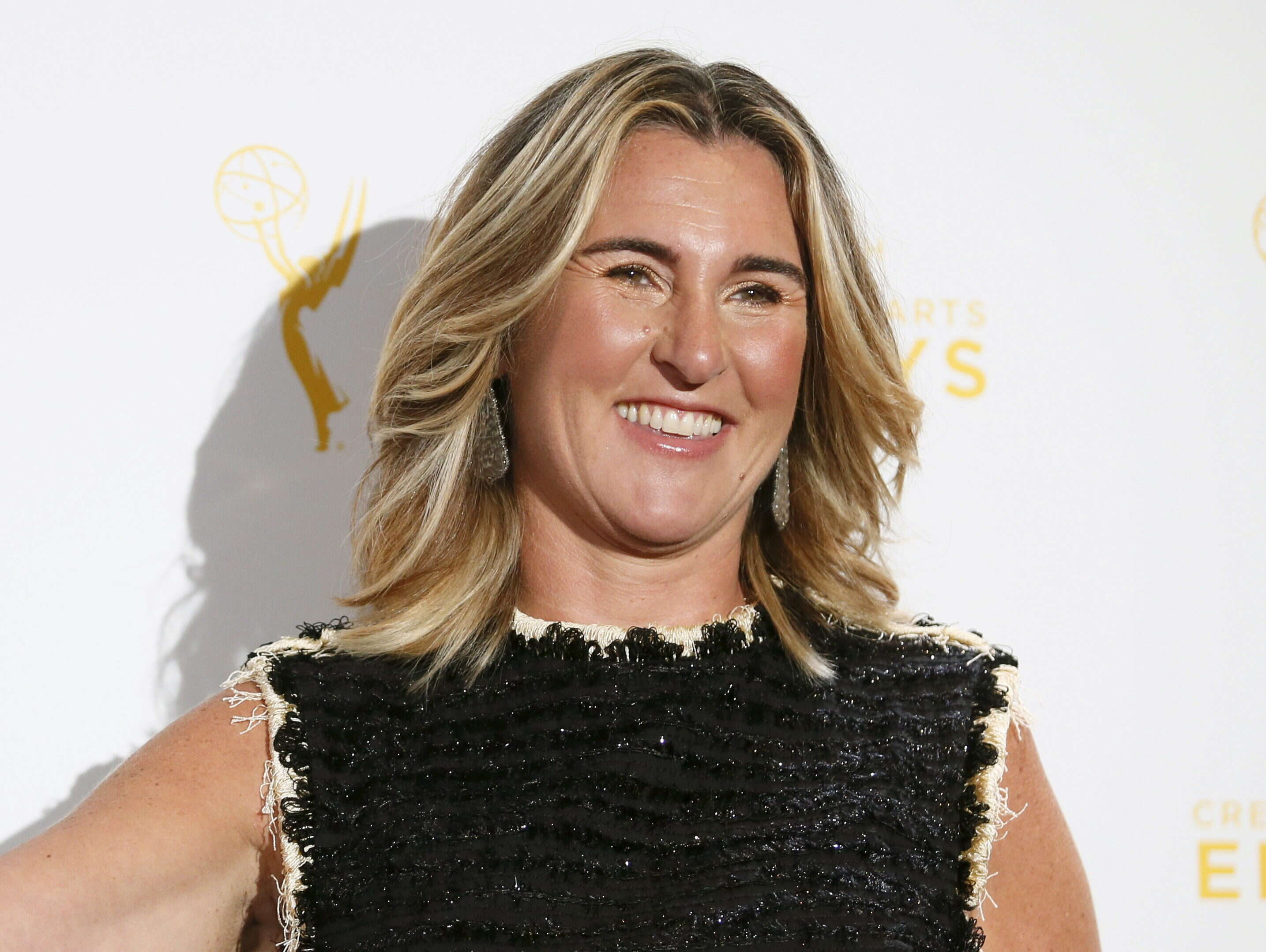
The chief executive of Vice Media Group has urged industry leaders to stand together against tech giants, saying their “squeeze” on news publishers “is becoming a chokehold”.
Nancy Dubuc (pictured) made the plea in an all-staff email sent on Friday as she announced plans to cut 55 jobs in the US and around 100 elsewhere.
It came in the same week that Buzzfeed closed its news operations in the UK and Australia, Quartz cut 80 jobs and closed its London office, The Economist Group cut 90 non-editorial roles and stopped printing its 1843 magazine, and local publisher Midland News Association put 90 jobs at risk.
The cuts at Vice Media Group mostly affect digital roles at Vice and the female-focused Refinery 29, which the company bought last year.
Vice’s digital organisation accounts for 50% of its staff costs but only brings in about 21 per cent of total revenue.
But Vice still plans to keep growing its news division, creating a Vice World News section for each of its sites worldwide.
Providing context for the cuts, Dubuc told staff the coronavirus pandemic has intensified existing tensions between publishers and the likes of Facebook and Google as ad revenues plummet despite traffic reaching record levels at many newsbrands.
She said: “Publishing right now is difficult across the whole industry— plain and simple— and the pandemic has intensified the tensions we all know exist between publishing and advertising.
“While Big Tech has brought wonderful things to our lives, they are also posing a great threat to journalism.
“We grew our digital business faster than anyone at a time when we believed that as more pies were baked, we’d keep getting a slice. We work hard for that slice – we make great shows, write culture-driving stories and break news on issues no one else wants to touch. But we aren’t seeing the return from the platforms benefiting and making money from our hard work.
“Now, after many years of this, the squeeze is becoming a chokehold. Platforms are not just taking a larger slice of the pie, but almost the whole pie.
“And while the crescendo has been building for some time, now it is more clear than ever – 36,000+ lost jobs in journalism is enough to take your breath away.”
A report by Pew Research Center in the US last month found a loss of about 36,000 newspaper jobs in the country between 2008 and 2019.
The UK experienced a net loss of 245 local newspapers between 2005 and the start of 2019, according to Press Gazette research.
Dubuc went on: “I worry about the day that I fear is fast approaching, when I wake up and everything I see, touch and know is because a few machines filtered my view by ‘optimising’ the world around me for the sake of more growth and more revenue.
“The world has learned this before: monopolies are not a winning strategy for humanity. It’s time we stand together as a media industry and address the serious issues that have slowly eroded the original promise of the internet: a tool to bring society on more equal footing through knowledge and creativity unparalleled.”
Vice has yet to confirm how many of the 100 non-US job losses will hit the UK, but Vice’s UK union said in a statement: “We stand in solidarity with our global colleagues at Vice, and share the US union’s frustrations and disappointment.
“We are, as always, available to consult with anyone in digital media who is interested in unionising their workplace, as cuts continue apace across the industry.
“Today as always, we are grateful for our union and hope more newsrooms organise for better job protections and guaranteed severance.”
The US union said: “We understand that the entire news industry is hurting. We do not understand why Vice chose to lay off many of our colleagues in the middle of a global pandemic instead of exhausting all options to save these jobs.”
Vice cut 250 jobs worldwide last year – ten per cent of all staff at that time – as it reorientated its business to “focus on growth areas like film and television production and branded content”.
Picture: Reuters/Danny Moloshok
Email pged@pressgazette.co.uk to point out mistakes, provide story tips or send in a letter for publication on our "Letters Page" blog
